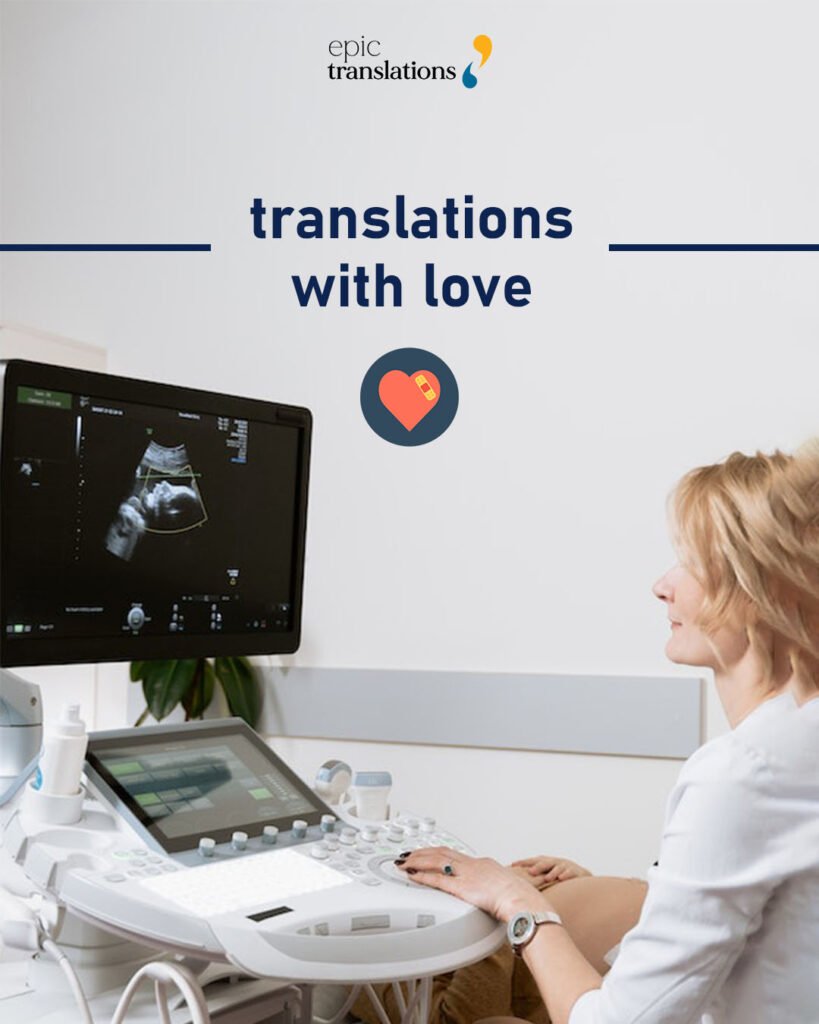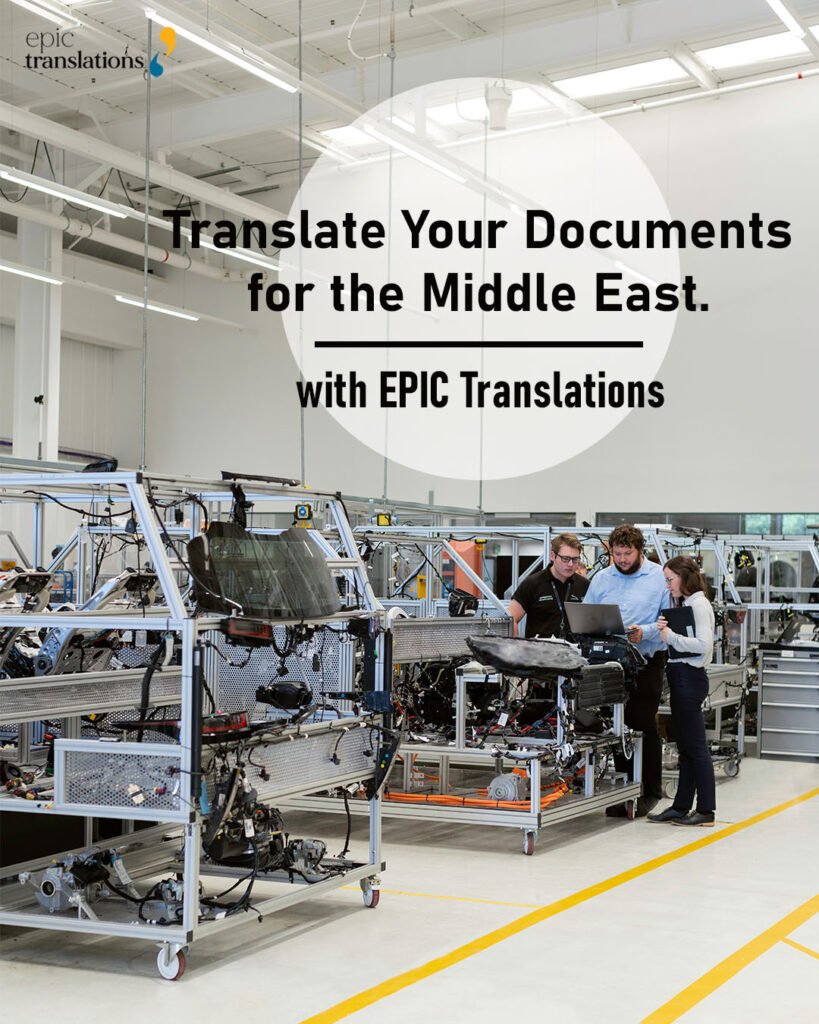In a globalized world, economic growth doesn’t come from bombs and borders. It comes from trade, communication, language access, and collaboration.
Global brands and government agencies alike are beginning to realize: if we want to build stronger economies and more resilient communities, we must invest in tools that bring people together. Not policies that drive them apart.
One of the most powerful tools we have? Language access.
From Reaction to Strategy

Global brands from automotive manufacturers to tech innovators to medical device companies spend millions each year on translation, localization, and language access to reach international audiences.
Why? Because when you speak someone’s language, you unlock economic opportunity. You build trust, drive engagement, and create value.
Likewise, U.S. government agencies from federal departments to city governments to public school boards and hospitals are tasked with serving increasingly multilingual communities. According to LEP.gov, over 25 million people in the U.S. have limited English proficiency (LEP). Meeting their needs requires clear, culturally fluent communication.
Today, agencies across the country regularly translate materials into Spanish, Arabic, Somali, and Pashto to comply with Title VI and serve refugee communities, immigrant populations, and international partners. But offering to translate English to Spanish, Arabic, Somali, or Pashto isn’t just about legal compliance. It’s a strategic investment in effective service delivery, stronger community engagement, and long-term economic growth.
Instead of treating translations as a box to check, public institutions and global brands alike should recognize it for what it truly is: a driver of prosperity.
War Destroys What Trade Could Build
In long-term global conflicts like the one in Gaza / Palestine, generations of economic contributors are lost, and infrastructure is destroyed, leaving downstream costs for global aid systems and host governments, including here in the U.S.
Government agencies bear the cost through:
- Emergency response and refugee resettlement
- Public health care
- Legal aid and justice system access
- Language access compliance, including efforts to translate English to Arabic, Pashto, Somali, Spanish, and more
Meanwhile, global brands are also investing in translations to reach the very communities displaced by war. These are individuals who, if not uprooted by engineered conflict, could have remained rooted, economically active, and collaborative contributors to local and global markets.

Translation as a Growth Strategy
Instead of responding to the consequences of war, we have the power to build systems that prevent it by prioritizing trade, diplomacy, and communication.
Imagine this:
- We translate English to Arabic not just to support refugee resettlement, but to launch cutting-edge sustainability projects with partners across the Middle East.
- We translate English to Pashto not only to process asylum claims, but to empower Afghans to opportunities that could shape the future of global manufacturing.
- We translate English to Spanish not just for emergency alerts, but to strengthen e-commerce, fortify cross-border supply chains, and fuel innovation across the Americas.
When governments and global brands embrace language access, they lay the foundation for inclusive, scalable, and sustainable growth. This is how we shift from managing chaos to building progress.

Colonization Is Not Innovation
Seizing land and resources through force isn’t development. It’s regression.
Real innovation happens through collaboration, trust, and shared prosperity. It crosses borders, industries, and languages.
Global brands already understand this. That’s why they invest in localization. It’s how they grow markets, adapt to new cultures, and stay competitive.
U.S. government agencies and the institutions responsible for long-term public policy can take a cue from that model.
By putting communication and cooperation first, they can reduce avoidable LEP-related spending and help lead a more peaceful, more prosperous world for generations to come.
Final Thought
It costs far less to translate than to rebuild. It delivers far more to cooperate than to occupy.
Translation builds prosperity. War destroys it.
Let’s invest in collaboration that connects people. Not weapons that silence them.
Let’s Talk About YOUR Translation Needs
If your organization is exploring smarter, more strategic approaches to language access; whether through translation, interpretation, or ASL support; we’d love to connect and help you build toward clearer communication and broader prosperity.
📅 Book a 30-minute growth consultation – and learn how translation can unlock new revenue streams in your target markets.
https://calendly.com/epictrans/30min
🌐 Get a free localization audit of your top 3 export documents.
https://epictranslations.com/switch-to-epic
Every community thrives when we choose communication over conflict. Language access isn’t just a service, it’s a step toward shared prosperity. Let’s build it together. Fill out the contact form below and let’s start a conversation.
